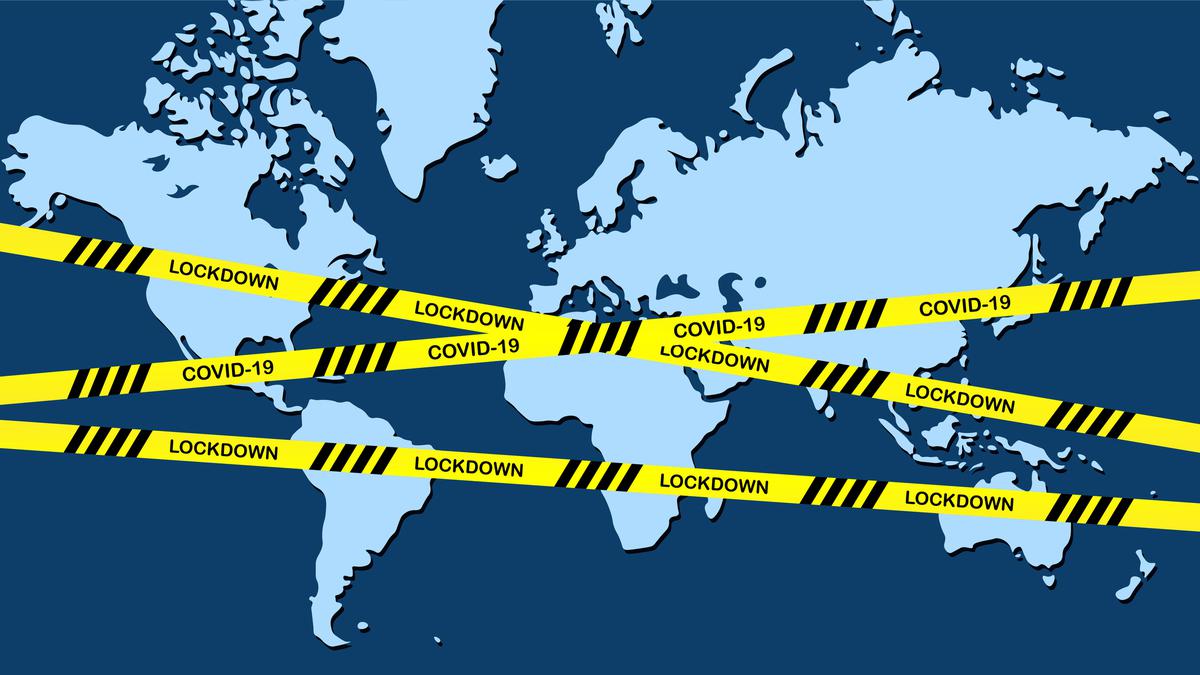
Review of Satya Mohanty’s Breathless and Other Plays: Coming up for air
The Hindu
India's COVID-19 crisis caused 5 lakh deaths, mass migration, and disrupted lives. Satya Mohanty's ‘Breathless and Other Plays’ tackles the pandemic, plus other social issues like economic inequality, power and oppression. Three plays explore characters' struggles, from a journalist's truth being "killed" to a do-gooder's search for oxygen beds. ‘King's Dream’ is about a king's audacious plan to craft a future, while ‘Sin-Mobile’ is about a spy's double life. Mohanty's work highlights important issues in our times.
Like elsewhere in the world, the COVID-19 pandemic hit India hard. Officially, 5 lakh deaths were reported in two waves, but researchers and activists on the ground have reported that many cases — and deaths — went unreported. The stringent lockdowns led to mass migration from urban centres to villages, affecting livelihoods of the poor and marginalised. Writers responded to the crisis, and the interruption in lives, through a mix of fiction, essays, poems, non-fiction.
Novelist and poet Satya Mohanty reacted to the social exigencies of the time through drama. In Breathless and Other Plays, he dabbles in social realism, but he doesn’t take on the coronavirus alone — he is also concerned about other viruses that are yet to be eradicated, like economic inequality, power and oppression. All three plays have a bearing on what’s happening in India, politically, socially and culturally.
The eponymous play gets straight into COVID-19’s horrors and the suffering it brought to the masses, especially those without privilege. With characters taking their names from the Mahabharata, Yudhishtir Mukherjee, a journalist for example, struggles when his truth about the pandemic is “killed” by his editors at the newspaper he works, citing “pressure” from the top; on the other side of the spectrum is Duryodhan Singh, a powerful wheeler-dealer who cashes in on the calamity.
Panchali Verma is a do-gooder who runs from pillar to post to get oxygen beds at hospitals; her friend Arjun Thomas is appalled at the lack of preparedness for a health disaster, and oblivious to everything, Dr. Bhimsen Apte is working without a break at the hospital till he collapses. “Being in a PPE makes you feel that you’re in a lunar mission without training,” he says but adds that he is getting used to wearing the claustrophobic gear. Amid all the chaos, Krishna Kumar Agarwal, who is close to the ruling establishment, asks everyone to “think positive”.
“The characters are drawn in life-like colours with deep insights into human infallibility,” writes H.S. Shivaprakash in his Foreword.
The second play, King’s Dream, is about a “fictional time and its people,” and it was a time of war and peace; it was an age of enlightenment and ignorance; of “discernment and recklessness”. The king of Navagiri, Yuvaq, wants to build a new capital with his imprint, though there is a perfectly functional one in place. The play revolves around the consequences of having such an audacious plan, of wanting to “craft the future,/the future no one has dreamt.”
The third, Sin-Mobile, is the story about two siblings and what happens when their father passes away. Love, loss — and stories around an i-Phone, “a mobile of sin” — comes into play. Why, for example, did the patriarch have messages from Click & Flirt? The daughter-in-law digs deeper to find out if her father-in-law, a career spy, was leading a double life post-retirement too.











